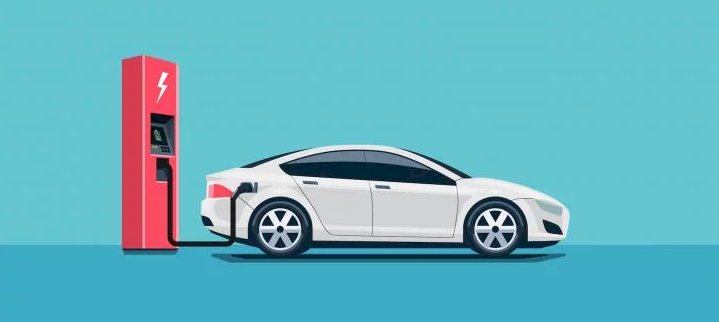India's ambitions for electric vehicles in the lurch over lack of lithium
India's EV production will rely on imports of lithium chemicals from China that are used to make cathodes and battery cells

India's desire to become a global hub for making electric vehicles faces one major obstacle: its lack of access to lithium. Host to the world's most polluted cities, the South Asian nation is shifting towards electric energy vehicles to purify its toxic air. But with scarce lithium supplies, the mineral which is vital for making batteries for electric vehicles, it has to search for overseas resources. Jasmeet Singh Kalsi, managing director at Manikaran Power Ltd., which is pursuing the establishment of India's first lithium refinery, said that China has a flourishing lithium chemical, battery cathode, battery cell, and EV supply chain. India has absolutely none. India's EV production will depend on Chinese imports of lithium chemicals used to manufacture cathodes and battery cells.
In 2019, the government of Prime Minister Narendra Modi unveiled plenty of steps to encourage clean-energy vehicles, including a $1.4 billion plan to make India a center for EV production and tax cuts to stimulate purchases. However, electric cars in India remain a small portion, with an estimated 3,000 sold in 2018 compared to 3.4 million fossil-fuel-powered cars in the same year, the nation expects to become the fourth biggest EV market by 2040, with almost a third of all vehicle sales in the sector. Several plans for building lithium-ion battery factories in India are underway. Meanwhile, China— the world's largest market for electric vehicles— dominates the supply chain for batteries. About three-quarters of the production capacity of battery cells is in China, and Chinese companies have unparalleled control of the required domestic and foreign raw materials and processing facilities.
Indian companies have worked to seek out stakes in overseas resources to improve the production capacity of raw materials in India. But there are very few synergies right now because the ability of the manufacturing of battery components for India does not appear to be extensively planned to match the value chain. A joint venture was formed between three state-run companies— National Aluminum Co., Hindustan Copper Ltd., and Mineral Exploration Corp.— to acquire lithium and cobalt mines overseas, named Khanij Bidesh India Ltd. Amara Raja Batteries Ltd., the second-largest traditional battery manufacturer by value in the country, will construct a lithium-ion assembly plant. Also, Suzuki Motor Corp., Toshiba Corp., and Denso Corp. are establishing a production plant for lithium-ion batteries.
Kalsi said Manikaran in June signed a deal with Australia's Neometals to jointly fund the evaluation of the development of a lithium refinery in India with a finished product capacity of 10,000 tons to 15,000 tonnes. That capacity falls well short of India's projected 200,000-tons lithium hydroxide requirement by 2030. Electric vehicles are slowly taking off, not with the pace that the government sees it as being, but the market is going to get pretty huge.





























